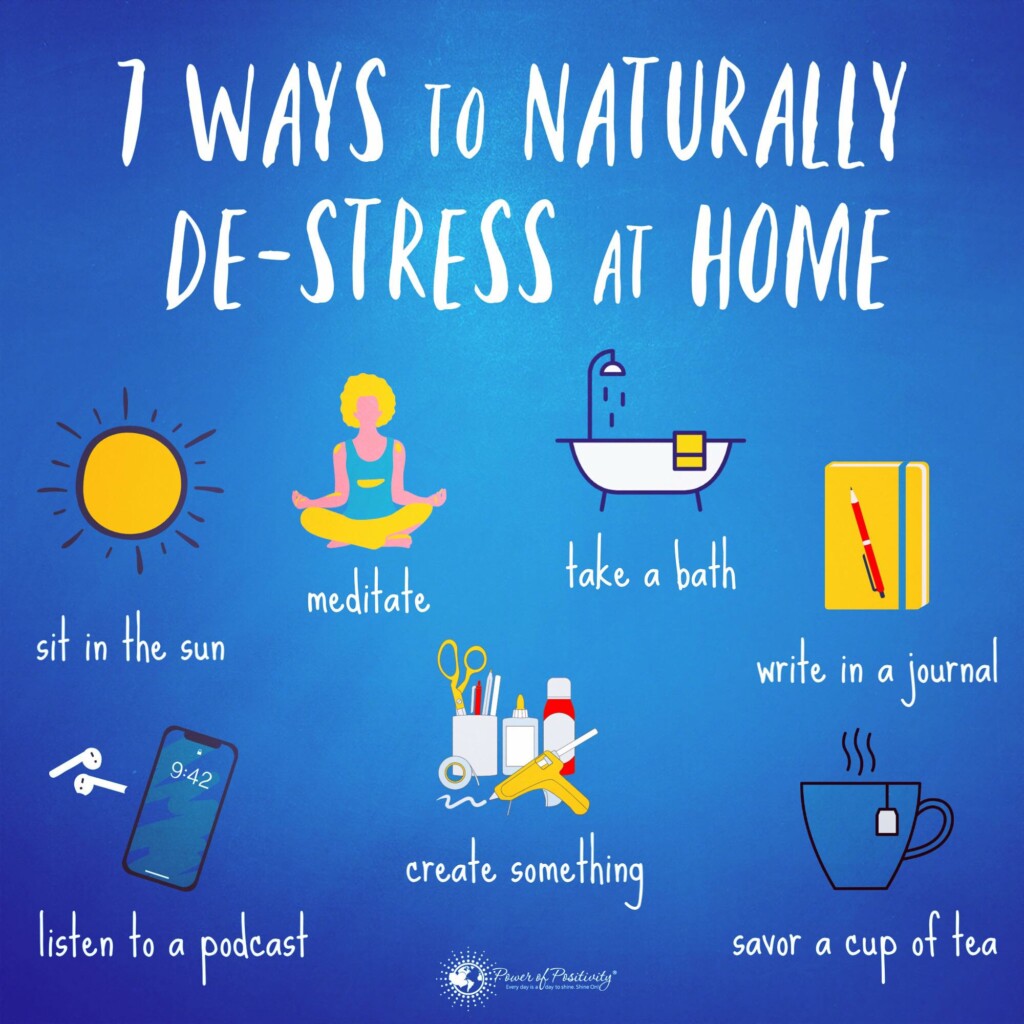If you’ve ever experienced insomnia, you know it’s difficult. After tossing and turning all night, the next day you’re blurry-eyed, irritable, and exhausted. Sleep medications can bring some relief, but then there are the side effects you need to deal with. Everybody has trouble sleeping once in a while. But if you find you’re not sleeping most nights in the week, read this article to learn 12 habits you can practice for high-quality sleep at night.
Sleep Deprivation Is a Reality
Insomnia is a huge problem for many people in the United States. According to research, approximately 50 to 70 million Americans have a sleep disorder. Insomnia affects your physical and mental health. It also affects your quality of life and your safety. Long-term sleep deprivation can lead to
- Memory problems
- Mood changes
- Weakened immune system
- Diabetes
- Weight gain
- High blood pressure
- Lack of concentration
- Accidents
- Low sex drive
- Poor balance

Twelve Habits to Encourage High-Quality Sleep
If you do not enjoy at least seven hours of sleep every night, check out these twelve suggestions on what habits you can practice for high-quality sleep.
1 – Have a good mattress and pillow
Sometimes you look for a solution in all the wrong places. Something as simple as a good pillow and mattress goes a long way in giving you a better night’s sleep. When you have a good, solid mattress, your insomnia may vanish. It can help you feel better all over your body, including these:
- Helping ease back pain
- Reduce muscle and joint pain
- Decrease your stiffness and achiness
Sleep experts suggest you get a new mattress for your bed at least every six to eight years.
So, what do you look for when you’re purchasing a new mattress? There are many types of mattresses today, but these are the essential things to remember when you are mattress shopping. Look for
- Comfort: What you consider comfortable is most important. Don’t focus on the latest trends in mattresses; choose what fits you best.
- Get the right size: If you want a smaller mattress, don’t get pressured into a king-size one by the salesperson.
- Firmness labels aren’t always correct: Don’t believe the label–try out the mattress yourself.
- Test the mattress: Test out the mattress before you buy.
- Research consumer reviews if you’re buying online.
- A firm mattress is usually better to avoid pain.
If you have insomnia or aren’t sleeping well, why not get a new mattress to see if it helps improve your sleep? Your body will thank you.
2 – Relax with an evening bath or shower
Taking a warm shower or bath in the evening before bed is another way to improve the quality of your sleep. Bathing or showering relaxes your muscles. You feel calmer and ready to sleep. Researchers suggest you keep the water temperature warm, but not too hot or too cold because this can have the opposite effect and wake you up.
3 – Get enough sunlight during the day
Your body has a natural clock regulation called your Circadian rhythms. This controls your mental, physical, and behavioral changes during a 24-hour cycle. Your circadian rhythms respond to light and dark. Exposure to the sun helps regulate your circadian rhythm. If you suffer from insomnia, try to go out into the bright sunlight for as little as two hours a day. This should help you sleep better. If you live in an area with little sunshine, use a sunlamp to expose yourself to more light during the winter months.
4 – Before bed take a calcium/magnesium supplement
Not getting good quality sleep or the right amount of sleep. That’s because it can lead to health problems such as:
- Heart problems
- Weight gain
- Depression
- Diabetes
- Lower sex drive
- Suppressed immune system
Many people recommend taking a calcium/magnesium/zinc supplement prior to bed for improved sleep quality. These are safe if you don’t take more than the recommended dose.
5 – Bedroom environment makes a difference
If you’re having a problem getting high-quality sleep at night, it might be because of your bedroom environment or location. Things like street lights or street noise coming into your bedroom interrupt your sleep. If you can’t change your bedroom location, there are ways to make the environment better for sleeping.
- Keep your room cool enough.
- Wear cool pajamas so you won’t sweat.
- Use a noise machine to block outside noises.
- Blackout curtains to keep your bedroom dark.
- Remove clocks that tick loudly.
Some people say that a messy bedroom interferes with sleep. It adds to your anxiety when you go to bed, so you don’t sleep as soundly.
6 – Read a book in bed
Studies show that reading in bed improves your sleep quality compared to not reading in bed. Over 900 people took part in this study. Half of the group read at night before bed, while the other half did not read before bed. The group of people who read at night felt their sleep improved compared to those who didn’t read before bed. Reading fiction is better than reading nonfiction. This is because your subconscious is moved into a fictional world that you’re observing. It eases your tension and puts your mind at ease so you can relax.

7 – Listen to guided sleep meditation
Believe it or not, listening to the sound of a guided meditation video will help you fall asleep. Individuals who engage in this practice say just listening to a guided sleep meditation is enough to make them drowsy. Researchers agree citing this calming sound is associated with childhood for many people. This encourages total relaxation and sleepiness. Try it!
8 – Eat a light bite of cheese
Cheese contains a chemical called tryptophan. This natural chemical is used by your body to produce serotonin and melatonin. Serotonin regulates your sleep. Melatonin sets your sleep cycle. Of course, don’t overeat, or you won’t sleep, just a few pieces of cheese can work wonders. If you can’t eat cheese, try these other tryptophan-loaded foods.
- Milk
- Turkey
- Eggs
- Greek yogurt
- Pineapple
- Oatmeal
- Cashews
9 – Cut back on caffeine earlier in the day
Caffeinated drinks like coffee, energy drinks, or sodas contribute to insomnia. You may not realize how much caffeine you consume every day. A study found that 400mg (a little under two cups) of caffeine anywhere from three to six hours before bed interrupts your sleep. It’s best to stop drinking caffeinated drinks in the early afternoon so you can ensure you get a full night’s sleep. If you like a cup of coffee at night, try herbal tea. Other people like to drink hot water with lemon. You may find it’s as relaxing as a cup of coffee without the adverse effects of caffeine.
10 – Use essential oils to promote sleep
Smelling certain essential oils can enhance your sleep. The recommended essential oils for sleep include:
- Sandalwood oil: Sandalwood oil is very effective at helping you sleep. It also improves your mood and helps you relax. If you have insomnia, try putting a few drops of sandalwood oil on your sheets.
- Chamomile oil: This calming herb is used a lot in teas. It promotes relaxation. Diffuse some chamomile oil in your bedroom before bedtime. The scent will help you drift off into a peaceful sleep.
- Lavender oil: Lavender oil is another calming herb used by many to promote sleep. You can sprinkle a few drops on your pillow to help you relax at night. This essential oil can lower your blood pressure and heart rate, so you drift off to sleep.
Do your research to find other essential oils that promote good sleep. They can help you fight your insomnia naturally.
11 – Don’t nap too long during the day
When you’re tired, you may want to squeeze in a nap after lunch, but even a quick nap may interfere with your ability to fall asleep at night. If you need an energy boost, go outside for a walk. Exposure to sunlight helps your body produce serotonin and melatonin, two chemicals that help you sleep.
If you must nap, don’t sleep more than thirty minutes. Anything longer will keep you from falling asleep and staying asleep.
12 – Cut back on alcohol at night
Alcohol messes with your circadian rhythm. You may fall asleep fine, but you’ll wake up at night. Alcohol affects your body’s production of chemicals that help trigger sleep. This causes you to wake up at the wrong time. Alcohol is also a diuretic. If you drink in the evening, there is a good chance you’ll need to get up in the middle of the night to go to the bathroom. When you get back in bed, you might have difficulty going back to sleep.
Final Thoughts on Making Lifestyle Changes to Ensure High-Quality Sleep
If you’re having trouble sleeping at night, try incorporating these habits into your life. These twelve habits can help you get the sleep you need to enjoy your life and feel your best. Zzzzzzzzzzzzzzzzzzzzzzzzzzzz.
The post 12 Habits for High-Quality Sleep (#7 Is Amazing!) appeared first on Power of Positivity: Positive Thinking & Attitude.








